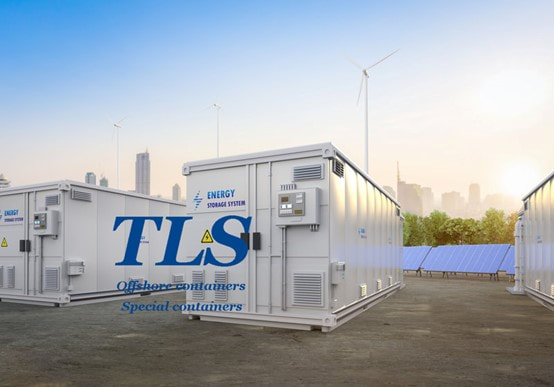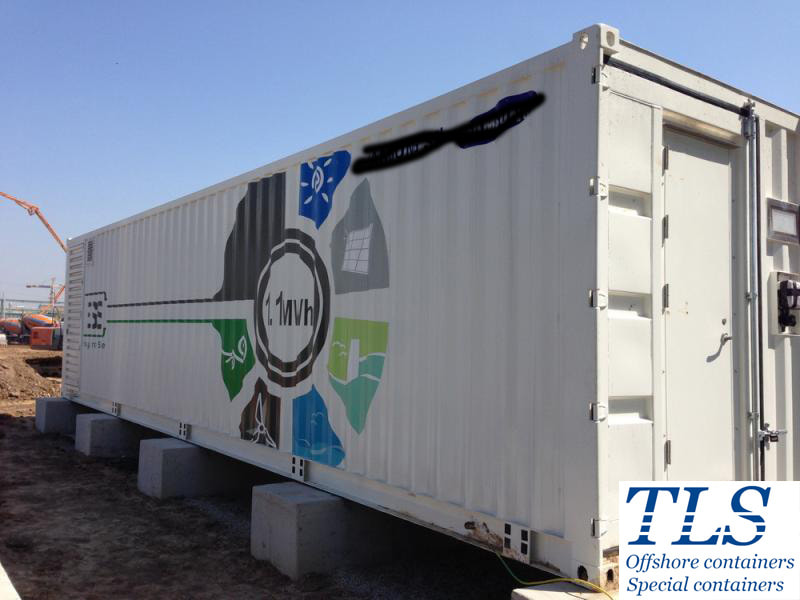Understanding MW and MWh in Battery Energy Storage Systems (BESS): Key Specifications Explained6/28/2023
In the context of a Battery Energy Storage System (BESS), MW (megawatts) and MWh (megawatt-hours) are two crucial specifications that describe different aspects of the system's performance. Understanding the difference between these two units is key to comprehending the capabilities and limitations of a BESS. 1. MW (Megawatts): This is a unit of power, which essentially measures the rate at which energy is used or produced. In a BESS, the MW rating typically refers to the maximum amount of power that the system can deliver at any given moment. For instance, a BESS rated at 5 MW can deliver up to 5 megawatts of power instantaneously. This specification is important for applications that require high power over short periods, such as frequency regulation in power grids or fast charging of electric vehicles. 2. MWh (Megawatt-hours): This is a unit of energy, which measures the total amount of electricity that can be stored or delivered over time. In a BESS, the MWh rating typically refers to the total amount of energy that the system can store. For instance, a BESS rated at 20 MWh can deliver 1 MW of power continuously for 20 hours, or 2 MW of power for 10 hours, and so on. This specification is important for applications that require energy delivery over extended periods, such as load shifting or backup power supply. The MW and MWh specifications of a BESS are both important, but they serve different purposes. The MW rating determines how much power the system can deliver at any moment, while the MWh rating determines how long the system can deliver that power. In other words, the MW rating is about the "speed" of energy delivery, while the MWh rating is about the "distance" or duration of energy delivery. In terms of their importance in the design and operation of a BESS, both specifications are crucial. The MW rating is primarily determined by the power capabilities of the battery cells and the power electronics in the system, such as inverters and converters. The MWh rating, on the other hand, is primarily determined by the energy capacity of the battery cells and the total number of cells in the system. In conclusion, understanding the MW and MWh specifications of a BESS is essential for assessing its suitability for different applications. A system with a high MW rating but a low MWh rating might be suitable for short-duration, high-power applications, while a system with a low MW rating but a high MWh rating might be more suitable for long-duration, low-power applications. Therefore, the selection of a BESS should always be based on a careful consideration of both its MW and MWh specifications, in relation to the specific requirements of the intended application. Comments are closed.
|
Archives
July 2024
Categories
All
|
- Home
-
Containerised solutions
- Intelligent pressurised container | MUD logging cabin
- Battery energy storage system (BESS) container
- Flexible grid tied battery storage system
- Laboratory container | workshop container | Equipment containers
- Temporary refuge shelter | Toxic gas refuge | Safe haven
- Offshore accommodation cabin | office container
- Reefer container | Refrigerated container
- Intelligent waste water treatment container
- Fresh water generator container
- Cargo Containers
- Product photos & videos
- News & Blogs
- Contact us
|
Featured products
Intelligent pressurised container Temporary refuge (TR) shelter, toxic gas refuge (TGR) Battery energy storage system (BESS) container Containerised waste water treatment plant Fresh water generator container Reefer container Laboratory container, Workshop container Accommodation container Offshore closed container |
All Rights Reserved 2020 © TLS Offshore Containers / TLS Energy
|


